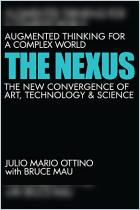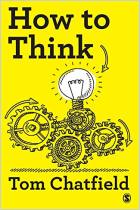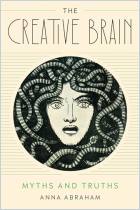Join getAbstract to access the summary!

Join getAbstract to access the summary!
Tom McLeish
The Poetry and Music of Science
Comparing Creativity in Science and Art
Oxford UP, 2019
What's inside?
The failure to acknowledge the role of creativity in science keeps people from pursuing it as a career.
Recommendation
The idea of a dichotomy between the worlds of science and the arts is a myth. Many historical and modern parallels exist in the ways practitioners of both derive and develop their ideas. Theoretical physicist Tom McLeish offers an erudite, academic treatise on creativity in science and the arts and takes a look at the way society perceives science and art. This is a deep, historical reading of the origins of science and the arts in mainstream Western thought. It’s essential reading for anyone who wants to explore the historical roots of creativity and the links between science and the arts.
Summary
About the Author
Theoretical physicist Tom McLeish, PhD, is a professor of natural philosophy in the University of York, England, physics department. His research focuses on molecular structure and more broadly on connections between science and policy, history and the humanities.























Comment on this summary